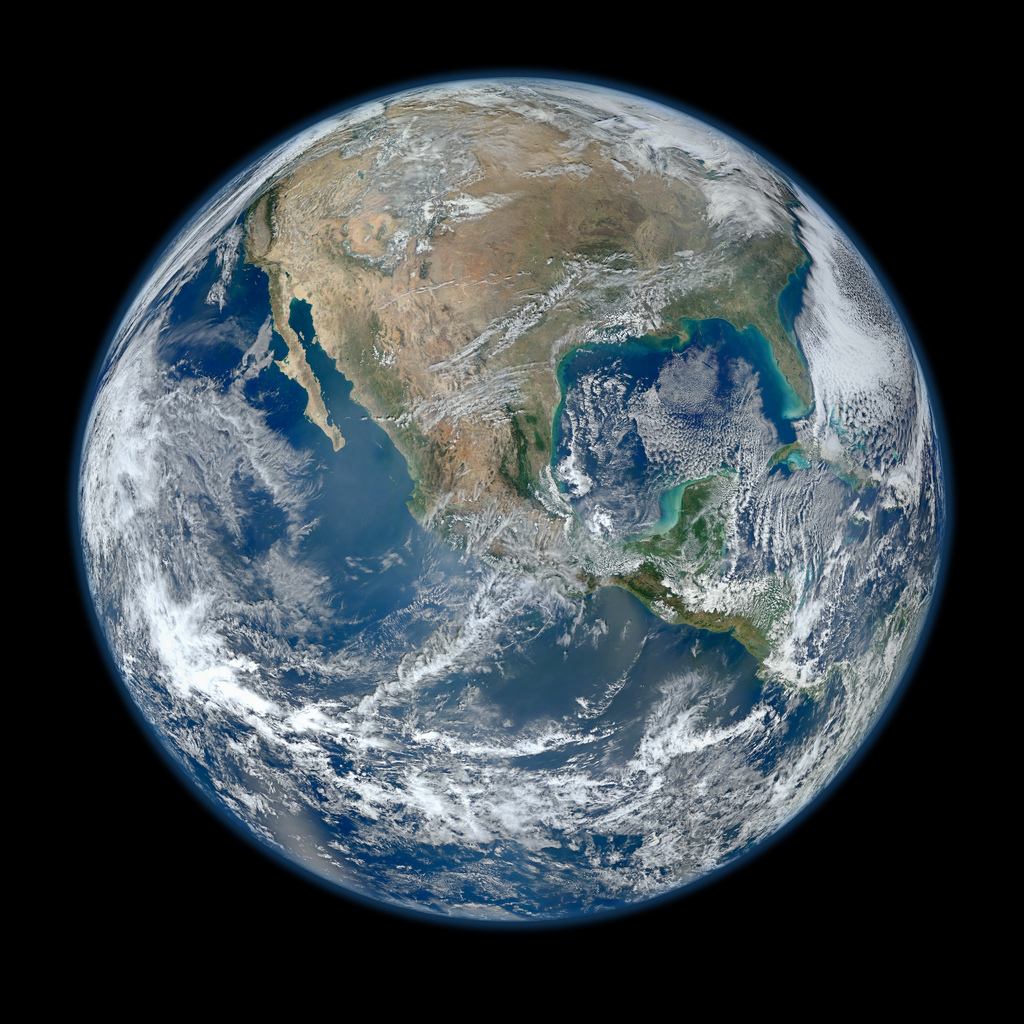
Get the world’s most fascinating discoveries delivered straight to your inbox.
You are now subscribed
Your newsletter sign-up was successful
Want to add more newsletters?

Delivered Daily
Daily Newsletter
Sign up for the latest discoveries, groundbreaking research and fascinating breakthroughs that impact you and the wider world direct to your inbox.

Once a week
Life's Little Mysteries
Feed your curiosity with an exclusive mystery every week, solved with science and delivered direct to your inbox before it's seen anywhere else.

Once a week
How It Works
Sign up to our free science & technology newsletter for your weekly fix of fascinating articles, quick quizzes, amazing images, and more

Delivered daily
Space.com Newsletter
Breaking space news, the latest updates on rocket launches, skywatching events and more!

Once a month
Watch This Space
Sign up to our monthly entertainment newsletter to keep up with all our coverage of the latest sci-fi and space movies, tv shows, games and books.

Once a week
Night Sky This Week
Discover this week's must-see night sky events, moon phases, and stunning astrophotos. Sign up for our skywatching newsletter and explore the universe with us!
Join the club
Get full access to premium articles, exclusive features and a growing list of member rewards.
A poll by the Brookings Institution found that 62 percent of Americans now believe the planet is warming, up from 55 percent in the spring of 2011.
The erratic and extreme weather-related events of the past few years, such as this year's early spring and subsequent wildfires, droughts and heat waves, may have influenced the rebound in American's belief in climate change. Nearly half of the poll's respondents cited either warmer recent temperatures or changes in weather patterns as reasons for their belief. Seventy-eight percent of Democrats believe in climate change while only 47 percent of Republicans hold that view, according to the poll. However, although climate change is a partisan issue in the U.S., political scientists doubt that an increasing belief in the phenomenon will have a major effect on the elections in November.
“A continuation of weather extremes is likely to have a small but discernible impact on public opinion,” said Riley Dunlap, a sociology professor at Oklahoma State University. “I think the impact would be a bit higher if climate scientists argued more forcefully that although no single storm, heat wave or drought can ever be directly attributed to global warming, that these extreme weather events are consistent with anthropogenic global warming. However, whenever any climate scientist makes this case, they are immediately assailed by the climate denial community.”
ANALYSIS: Climate Warming Denial: Big Business
Although the debate between the majority of scientists and climate change deniers rages on, presidential debates seem unlikely to pick up the same theme. Environmental issues haven't been major talking points in either candidates' speeches.
“My guess is that the GOP will largely ignore climate change this election season, in large part because I expect the Democrats won't make it a central issue,” said Aaron McCright, a sociology professor at Michigan State University. “The Obama Administration has never really tried to do much on the topic of climate change,” said McCright. “So, while protecting the environment and dealing with climate change is part of the general Democratic platform, it is not something that Obama has specifically pushed in his original campaign or at any time during his presidency.” A recent U.S. Court of Appeals for the District of Columbia Circuit decision could heat up the political discourse about global warming, said Peter Jacques, a political science professor at the University of Central Florida. The Court ruled that the science behind global warming is solid and the EPA has the legal authority to curb industry's greenhouse gas emissions.
Get the world’s most fascinating discoveries delivered straight to your inbox.
If climate change does become part of this year's campaign rhetoric, experts believe the Republican party is unlikely to change its official stance on the issue, no matter how many heat waves and extreme storms hit Washington D.C. “Given that denial of global warming has become a virtual litmus test for Republican candidates, and increasingly a core part of conservative identity, I don't see the GOP as reacting to changing weather patterns at all,” said Dunlap. “The GOP can discuss climate related issues, like the fires, without invoking global warming,” said Jacques. “We might imagine narratives of ranchers who remember similar times, framing it not as human-caused climate change, but cyclical. So long as the GOP can cast doubt about human-causation, the prudence for policy action is undermined.” BRIEF: The Psychology of Political Flip-Flops For the Democrats, pointing out that extreme and erratic weather is one of the predicted effects of a warming atmosphere could benefit President Obama's chances at reelection, but only if environmental issues become a major plank of his platform, an unlikely event, noted Dunlap. Fears of a second recession, unemployment and other economic issues will dominate both party's campaigns, agreed the political scientists. Climate change though could become a side note to both party's economics platform.
Republicans may present environmental protection as a threat to jobs during tough times, said Jacques. Democrats may take the opposite view and claim that mitigating climate change will create new industries and new jobs. Both of these stances put global warming into a context that resonates with the American public.
“At the end of the day, few people really vote for a president based on their environmental position, as opposed to jobs, economic growth, and crime,” said Peter Jacques.
HSW: What are climate refugees?
This story was provided by Discovery News.
 Live Science Plus
Live Science Plus










